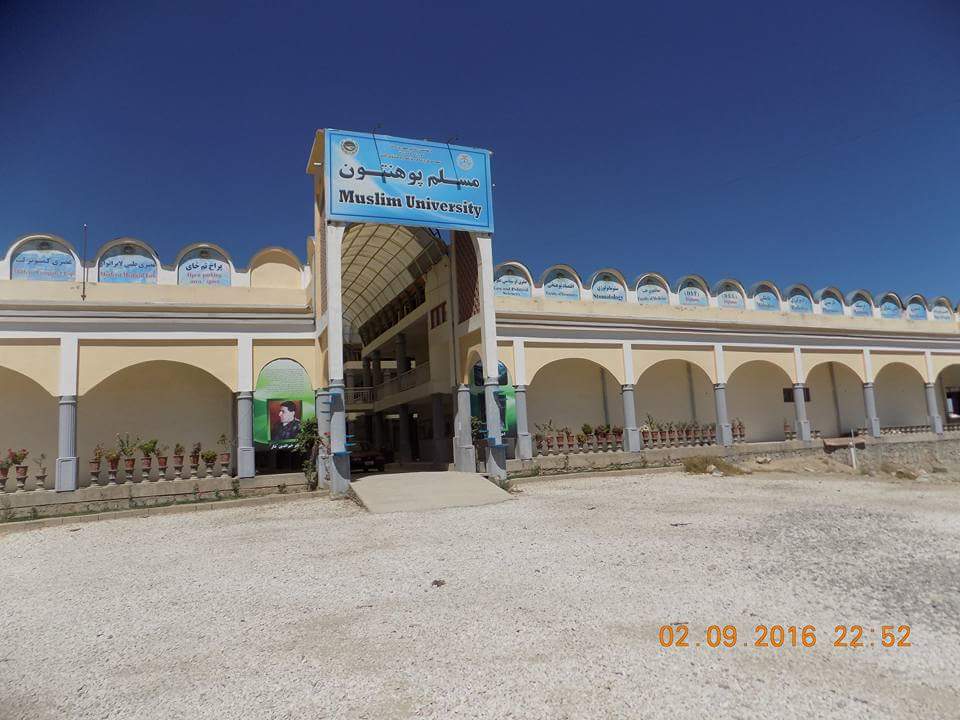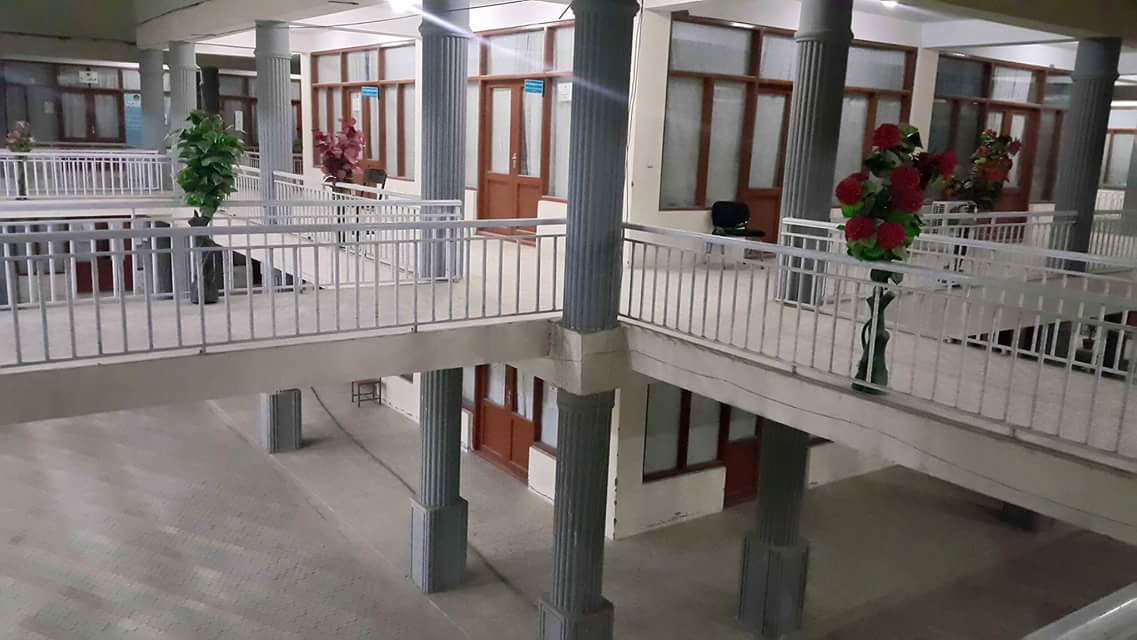About Muslim Institute of Higher Education
The Muslim Institute of Higher Education, established in 2014 in Ghazni, Afghanistan, has emerged as a significant institution in the country's educational landscape. With its four faculties - Law and Political Science, Economy, Medicine, and Stomatology - the university has been instrumental in the development of Afghanistan by providing quality education and promoting Islamic values.
Located in Ghazni, a historically significant city in Afghanistan, the Muslim Institute of Higher Education has capitalized on the rich cultural and educational heritage of the region. The establishment of the university aimed to build upon this legacy and contribute to the intellectual and academic development of the local community.
One of the key faculties at the Muslim Institute of Higher Education is the Faculty of Law and Political Science. This faculty plays a crucial role in shaping the legal and political landscape of Afghanistan. By offering programs that focus on Islamic law, constitutional law, and international law, the faculty equips students with the knowledge and skills necessary to navigate the complex legal and political systems. Graduates from this faculty can contribute to the development of a just and equitable society in Afghanistan.
The Faculty of Economy at the Muslim Institute of Higher Education is another vital component of the institution. With a focus on economics, financial management, and business administration, this faculty prepares students to contribute to the economic growth and stability of Afghanistan. By nurturing a deep understanding of economic principles and practices, graduates from this faculty can play a pivotal role in shaping the country's economic policies and driving sustainable development.
The Faculty of Medicine at the Muslim Institute of Higher Education is dedicated to producing competent medical professionals who can address the healthcare needs of Afghanistan. Through comprehensive programs that cover various medical disciplines, including anatomy, physiology, pathology, pharmacology, and clinical medicine, the faculty ensures that its graduates are well-prepared to provide quality healthcare services. This faculty's significance lies in its contribution to improving the overall health and well-being of the Afghan population.
The Stomatology Faculty at the Muslim Institute of Higher Education focuses on dental education and training. By offering programs that cover oral health, dental anatomy, dental surgery, and related subjects, this faculty produces skilled dental professionals who can address the dental care needs of the community. The faculty's significance lies in its contribution to oral health awareness and the provision of dental services in Afghanistan.
The Muslim Institute of Higher Education's significance for the development of Afghanistan extends beyond its faculties. The university serves as a hub for intellectual and cultural exchange. It organizes conferences, seminars, and workshops, inviting scholars and experts from around the world to share their knowledge and insights. These events foster intellectual discourse and create a vibrant academic environment within the university.
Furthermore, the Muslim Institute of Higher Education has adapted to the challenging circumstances faced by educational institutions in Afghanistan. It has implemented measures to ensure the safety and well-being of its students and staff, allowing education to continue even in difficult times. This resilience and determination to provide education in the face of adversity make the Muslim Institute of Higher Education a symbol of hope and progress in Afghanistan.
In conclusion, the Muslim Institute of Higher Education, active since 2014 in Ghazni, Afghanistan, has made significant contributions to the development of the country. Through its four faculties - Law and Political Science, Economy, Medicine, and Stomatology - the university has provided quality education, promoted Islamic values, and produced graduates who can contribute to various sectors of Afghan society. Its location in Ghazni, a historically significant city, adds to its cultural and educational significance. The Muslim Institute of Higher Education stands as a beacon of knowledge and a testament to the power of education in transforming lives and communities in Afghanistan.
 Plastic Book Bags
1 ×
$940.00
Plastic Book Bags
1 ×
$940.00
 The Genie Mind
1 ×
$899.00
The Genie Mind
1 ×
$899.00
 The Energy Book
1 ×
$756.00
The Energy Book
1 ×
$756.00
 Pencil Bag
1 ×
$723.00
Pencil Bag
1 ×
$723.00
 Sharpner
1 ×
$1080.00
Sharpner
1 ×
$1080.00





